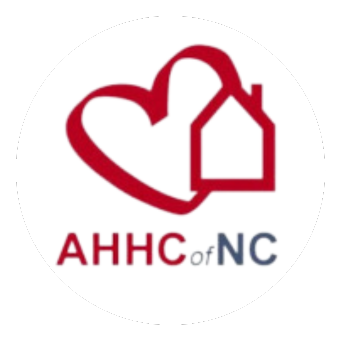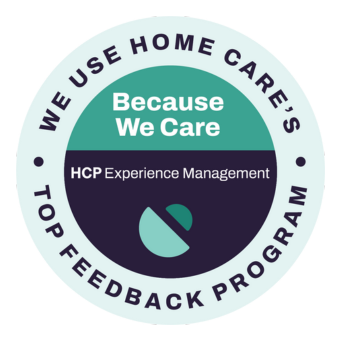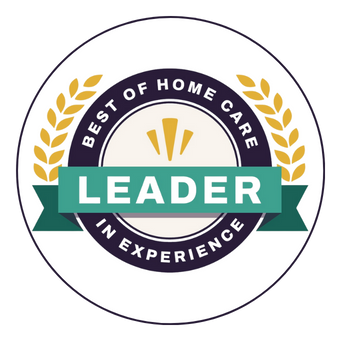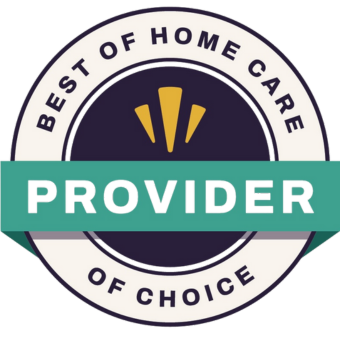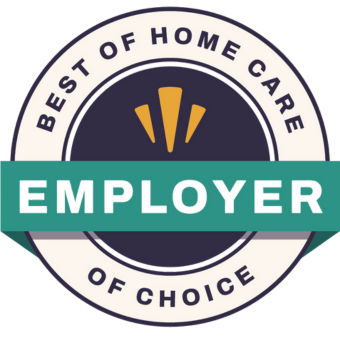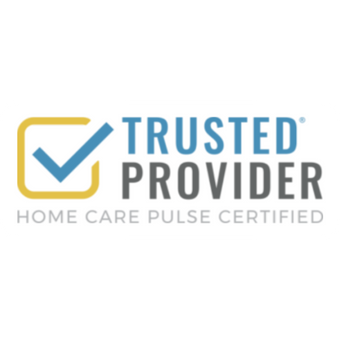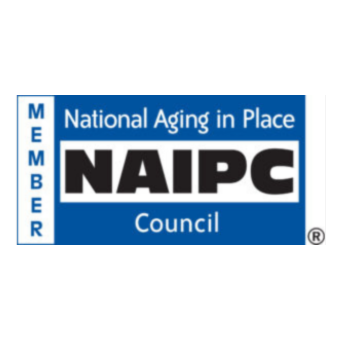Although it’s highly gratifying, being a professional caregiver in a market like Raleigh can also be frustrating when dealing with family caregiver dynamics. Depending on the day, you may be asked to serve in the role of peacemaker when old childhood rivalries resurface and discussions between family members get heated.
If you’re not careful, being ill-equipped to manage situations like these can interfere with your ability to provide your client with the care they – and their family – deserve. What follows are several ways to successfully navigate the family caregiver landscape and earn each member’s trust so you can continue to honor your client’s wishes.
Family Caregivers Have Different Personalities
Whether you work at a hospital in Raleigh, a nursing home in Durham, or a private residence in Cary, the family caregivers you interact with will have different personalities, goals, and opinions.
Using siblings as an example, childhood roles often reemerge when faced with a difficult situation like caring for an elderly parent, sibling, or grandparent. Being a professional caregiver requires the ability to identify the different personality types that fall under the family caregiver dynamics umbrella.
That said, here are some of the more common family caregiver personalities you’ll be forced to deal with:
The Armchair Quarterback
This person always has it all figured out. If you don’t think so, just ask them. But for one reason or another, they never seem to be around when you are feeding their loved ones or taking them to the doctor. But when it comes time to pay the home care bill, they are the first ones to complain about something and threaten to contact your supervisor.
The Sponge
That financial tap that their parents turned on during childhood is still flowing years later. In the event loved ones stop paying out, sponges seek other – and sometimes fraudulent – ways to get what they want. In addition to reporting the situation to your supervisor, protecting your client from a dishonest adult child may require you to involve other family caregivers in the discussion.
The Deadbeat
This loveable slacker shows up at the most opportune times – like Holiday gatherings and birthday parties – and watches TV while you prepare food for their loved one and clean up. But when you try to ask them to install grab bars in their parent’s bathroom to create a safer environment, they come up with an excuse and leave.
The Superhero
Usually the eldest daughter, this unique person is highly efficient, selfless, and someone who can be counted on to bring their loved one a hot, nutritious meal even during a blizzard or hurricane. However, the “Superhero” family caregiver can also be the most outspoken and opinionated when there’s something on their mind.
Rather than painting all family members with a broad brush, a failure to recognize and address these individual personality types could ultimately place the health and well-being of your care recipient at risk.
How to Manage Family Dynamics as a Caregiver
Using in-home caregiving as an illustration, efficiently managing family dynamics as a caregiver will make your job easier in the end. Once you’ve identified the personalities and roles of each family caregiver, it’ll be time to get everyone on the same page.
Here are some family dynamic management tips that every professional home caregiver should know:
Hold a family meeting
Siblings and other relatives sometimes just assume that everything is fine, while other times they’re too busy with their own lives. Even if it’s done from a distance via video chat, hold a family meeting with all informal caregivers. During the conversation, update everybody about their loved one’s mental, physical, and emotional health, including any functional limitations they may have.
Honestly share why you value their opinions and try to recruit members to join your client’s caregiving team based on each one’s skills, interest level, and availability. Be sure to thank everyone for participating, and don’t get discouraged if some refuse to help.
Delegate team responsibilities
There will be times when you cannot be in your client’s home. Depending on their ability to perform activities of daily living (ADLs), they may need assistance when you’re not there – for instance with meal preparation, feeding, bathing, toileting, or getting ready for bed.
Using each team member’s time and talents as a guide, create a digital caregiving calendar that you can then share with the group. As your client’s condition gradually declines, you may need to add new responsibilities or recruit additional care team members. This may also be the perfect opportunity to mention specialized services your agency offers, such as dementia care, Alzheimer’s care, 24-hour care, or live-in care.
Have a backup plan
Much like informal caregivers, professional caregivers eventually need to take time off. In those instances, be sure that the family has a backup plan that addresses all their loved one’s care needs until you return.
Based on your most recent care assessment, recommend other caregivers from your agency that could step in and provide the level of care your client needs. When doing so, be sure to consider whether their personalities would also mesh well with your client and their family members.
If enough family members are not available, additional eldercare resources you may want to recommend include:
- Adult daycare
- A meal delivery service
- A ridesharing or paratransit service
- Community volunteers that work with the aging
In the end, positioning yourself as a valuable resource will help you navigate the family caregiver dynamic landscape while ensuring that your client receives the quality care they deserve!
Career Opportunities for Dynamic Caregivers in Raleigh
If you are ready to make a difference in the lives of others by serving as a professional in-home caregiver, we invite you to join our winning team. Due to our expanding client load, Home Choice Home Care is presently seeking qualified individuals to fill several exciting caregiving positions. While proudly serving communities in Raleigh, Durham, and Cary, we support clients and their families with services that include personal care, respite care, private duty care, 24-hour care, Alzheimer’s and dementia care, and more.
As a highly valued member of the Home Choice Home Care team, you’ll enjoy a fast-paced, positive work environment where your input is valued, and hard work rewarded. We also offer competitive pay, flexible scheduling, ongoing staff training, and career advancement opportunities galore. No matter your experience level or education, we’d love to hear from you! To learn more about our open positions, please visit us today at www.homechoicehomecare.com.






